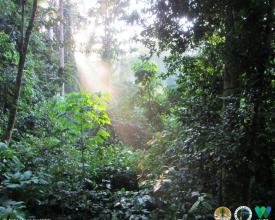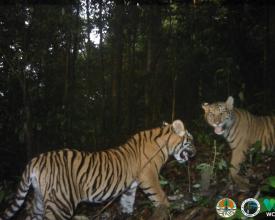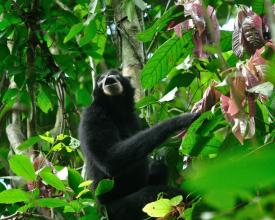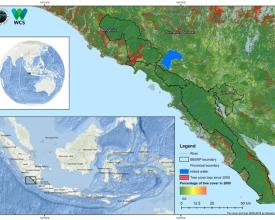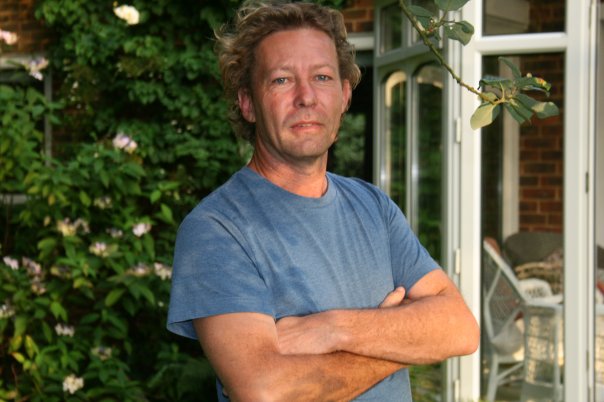Harnessing collective responsibility to address deforestation and protect biodiversity
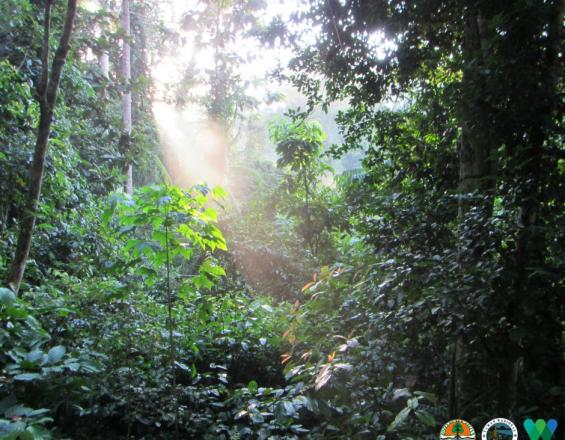
This solution provides an innovative pathway for private sector efforts towards deforestation-free supply chains to actively support conservation of protected forests. Around 10% of the Bukit Barisan Selatan National Park is under active coffee production, posing a threat to the area’s forests and biodiversity and to the legality of the coffee sector. WCS and the National Park Authority are working with companies, local government, farmers and other NGOs to develop a solution centred on collective responsibility. Eight companies representing 60% of the region’s robusta sector by volume have signed a ‘Collective Statement of Intent’, establishing their ambition to commit resources for efforts to protect the National Park. These include in-park efforts (monitoring, patrols and restoration of degraded areas) and out-of-park interventions that reduce forest conversion pressure by improving community livelihoods through support for legal and profitable coffee production.
Context
Challenges addressed
Forest conversion for agriculture is a major current and future threat to the intact forests and unique biodiversity of Bukit Barisan Selatan National Park, part of the UNESCO World Heritage Site: the Tropical Rainforest Heritage of Sumatra. Smallholder coffee farms cover more than 10% of the park's area; producing over 26,000 MT of coffee per year. Robusta coffee production in southern Sumatra is dominated by unorganized smallholders, who often lack tenure security and have limited access to finance, extension services and other agricultural inputs. This results in low yields (typically at just 0.4 - 0.6 MT/ha compared to as much as 2 MT/ha in other producing regions). Combined with poor market access and post-harvesting practices, farmers experience limited profitability, and low incomes and resilience.
Location
Process
Summary of the process
Harnessing collective responsibility requires the buy-in and support of multiple stakeholder groups, namely among government and private sector actors. This approach recognises the different roles that stakeholders can play in addressing deforestation. Engagement with the private sector and government (at different levels) has occurred simultaneously and has been mutually reinforcing.
Building Blocks
Securing private sector support for a joint vision for the conservation of protected forests
Engaging the private sector in support of the Collective Statement of Intent required a solid understanding of company risks (reputation, market, operational, legal) associated with sourcing coffee linked to deforestation. This required an understanding of existing private sector sustainability efforts and their challenges in order to identify innovative solutions. There is limited demand for traceable and certified coffee, and companies recognize that completing full ‘to source’ traceability assessments for individual supply chains is prohibitively expensive. Using a collective responsibility approach, as established by the 'Collective Statement of Intent', committed companies can work collaboratively and with other stakeholders to pool resources. This represents a cost-effective way for companies to reduce both their operational costs and reputational risk, while effectively and proactively tackling deforestation and supporting biodiversity conservation in BBSNP.
Enabling factors
The significant momentum around sustainability and deforestation-free supply chains globally has been a key enabling factor. In addition, an initial campaign highlighted the links between coffee companies and deforestation. Many companies therefore have sustainability commitments and are aware of the need to address their sourcing risks. Securing the buy-in of companies at all supply chain stages has been critical to securing the buy in of others and to the notion of collective responsibility.
Lesson learned
Securing the buy-in of all companies sourcing from the landscape is a challenge. The initiative is supported by companies representing 60% of the region's robusta market and efforts to secure support from the wider market are ongoing, including through supplier engagement by committed companies. A solid understanding of supply chain risks and existing sustainability efforts has been essential to securing private sector support and to ensuring clear recommendations on next steps for joint solutions. One-on-one company engagement, both at headquarter and local level, as well as smaller group discussions, have been critical to understanding the priorities and perspectives of different stakeholders while multi-stakeholder engagement has been essential to progress and building trust.
Securing the support of multiple government agencies for a joint vision for the conservation of protected forests
This initiative brings together all stakeholders, including different levels of government, around a 'collective responsibility' approach. The National Park is managed by the Ministry of Environment and Forestry (a central government agency). Ensuring coherence between park management and planning processes and development at the wider landscape is a challenge.Addressing deforestation in the National Park while supporting improved farmer livelihoods requires improved links, policy coherence and an integrated approach between different government levels and agencies. Our initiative has sought to achieve this through government engagement at district, provincial and central government levels, securing support from each level for the 'Collective Statement of Intent'. Understanding what opportunities this presents for supporting the separate aims of individual government agencies (such as improved park management and protection, rural development and improved agricultural production) has been critical in engaging government.
Enabling factors
WCS and the National Park Authority have a long working relationship. WCS operates in Indonesia under a Memorandum of Understanding with the Ministry of Environment and Forestry and has worked at the site level with the National Park Authority in Bukit Barisan Selatan National Park for over twenty years.
Lesson learned
As with private sector engagement, one-on-one engagement with the government has been important to ensure that government aims, priorities and challenges are taken into account and are at the heart of proposed solutions. Following this, joint meetings among all stakeholders proved important in bringing together sectors that do not often have opportunities to engage with one another on cross-cutting issues such as deforestation in the National Park. This was important in demonstrating the potential for a joint vision that can support both biodiversity conservation, development and farmer livelihood improvements. Government engagement has also been essential in ensuring private sector support, and vice versa.
Impacts
Companies and other stakeholders have signed a ‘Collective Statement of Intent’, establishing their joint vision for the future of the National Park. This aims to ensure that robusta coffee is legally-cultivated and not driving deforestation, priority encroached areas are restored, and farmer livelihoods are supported. Supported by 16 organizations, including eight companies, and achieved through a landscape-focused roundtable, this is the first time private sector, local and national government, farmers, the National Park Authority and NGOs have come together to agree on a need and joint vision and pathway to addressing deforestation and protecting the National Park, as well as supporting farmer livelihoods. Private sector funding has been committed for implementation. This approach has implications for the protection of other conservation areas under threat from commodity production by providing a way for company supply chain sustainability efforts to actively support high-risk areas and address deforestation in areas that are critical for biodiversity conservation.
Beneficiaries
Our solution supports improved livelihoods and resilience of smallholder farmers, conservation of the forests and unique biodiversity of the National Park, and addresses the legality challenges and risks facing the coffee sector.
Sustainable Development Goals
Story
"This commitment marks the start of a collaboration that will enable us to scale the impacts of our Responsible Sourcing Program, ensuring the sustainability of our coffee sourcing and supporting the livelihoods of smallholder farmers that form our supply base. We can only achieve this through collective action and, as a large roaster sourcing from Lampung, we look forward to working with our suppliers and other stakeholders to ensure a thriving Robusta sector that values and protects the natural ecosystem.” Do Ngoc Sy, Sustainability Manager for Asia Pacific for Jacobs Douwe Egberts.
“Our Living Landscapes ambition is to deliver a triple positive impact in the places we work, so that prosperous farmers, thriving rural communities, and healthy ecosystems coexist. This can only be achieved through real partnerships on the ground, such as the one we are building with WCS, the Lampung Robusta sector and the National Park Authority to support sustainable coffee farming in the Bukit Barisan Selatan landscape.” Christopher Stewart, Olam’s Head of Corporate Responsibility and Sustainability.
